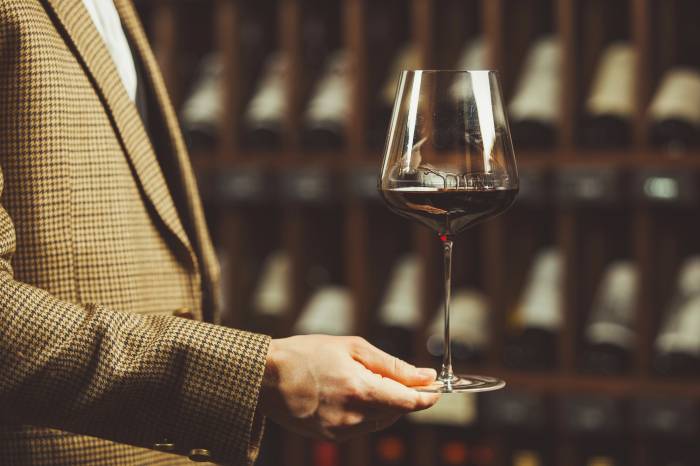Only 30% of Italians Know New Wine Trends Despite 42% Calling Themselves Enthusiastic Consumers
Survey finds emotional connection to wine remains strong, but technical knowledge and awareness of emerging varieties lag behind
2025-11-27

Wine continues to hold a special place in the lives of Italians, but their technical knowledge about it remains limited. This is the main finding from the latest SWG survey, which examined the relationship between Italians and wine through a national sample of 1,200 adults. The survey was conducted online between September 10 and 15, 2025.
According to the data, two out of five Italians consider themselves “evolved consumers,” showing particular interest in product characteristics or even a passion for the stories behind each glass. These stories, especially those that connect wine to local communities and territories, are more appealing than official certifications or producer histories. The concept of “genius loci,” or the spirit of a place, is a stronger narrative driver than the background of individual winemakers.
Despite this emotional connection, Italians’ technical understanding of wine—such as production methods, grape varieties, and market trends—is modest. While many are familiar with terms like “Metodo Classico,” organic certifications, and wines labeled “without sulfites,” only about one in three can claim even a general knowledge of newer trends such as “No-Lo” (no or low alcohol), ancestral methods, orange wines (macerated whites), or PIWI grape varieties.
The survey found that 11% of respondents identify as passionate consumers who enjoy learning about stories, regions, methods, and traditions beyond just the product itself. Another 31% describe themselves as attentive consumers who seek information about the wines they buy and drink. The largest group, at 37%, are average consumers who enjoy wine but do not have much information about it. Thirteen percent are superficial consumers who drink wine without paying much attention to its qualities or origins. A minority—8%—are reluctant consumers who drink wine mainly to fit in socially.
Overall, 42% of Italians are enthusiastic wine consumers (with men slightly more represented), while 21% show little interest in wine. Among younger adults aged 18 to 39, disinterest rises to 29%.
When it comes to what attracts Italians to wine stories, the territory or landscape of origin is most important for 53% of respondents. This figure is higher among those over 60 (63%) and lower among younger adults (44%). The Italian origin of a wine is cited by 37%, with older adults again showing greater sensitivity to this aspect. Culture and tradition matter for 34% overall.
Younger people are more interested than experienced consumers in aspects such as discovery, taste exploration, and the ecosystem or biodiversity behind a wine. However, their technical knowledge remains limited. For example, while 68% say they know about wines without added sulfites (rising to 73% among those over 60), only 30% are familiar with No-Lo wines. Ancestral wines are known by 32%, with higher awareness among young people (39%), while orange wines are recognized by just 29%, though this rises to 34% among those aged 18-39.
These results suggest that there is significant room for improvement in Italians’ understanding of wine methods, techniques, and varieties. The challenge for the industry is to communicate these aspects in an engaging way.
When making purchasing decisions, expert advice plays a key role. Nearly half of respondents (48%) say they rely heavily on sommeliers’ recommendations; this figure climbs to 57% among younger adults. Wine shop owners influence 45% overall (58% among young people), while producers themselves are trusted by 44%. Social media has less impact: only 16% use it as a source for wine choices, dropping to just 7% among those over 60.
The survey also highlights that even younger consumers seek personal relationships and direct contact with experts when learning about wine. While social media is widely used by young people for information in general, it does not replace the value they place on real-life connections with sommeliers, retailers, and producers.
In summary, while wine continues to inspire strong emotions and cultural pride among Italians, their technical knowledge lags behind their enthusiasm. The industry faces an ongoing task: telling compelling stories that not only celebrate tradition and territory but also help consumers better understand the evolving world of wine.
Founded in 2007, Vinetur® is a registered trademark of VGSC S.L. with a long history in the wine industry.
VGSC, S.L. with VAT number B70255591 is a spanish company legally registered in the Commercial Register of the city of Santiago de Compostela, with registration number: Bulletin 181, Reference 356049 in Volume 13, Page 107, Section 6, Sheet 45028, Entry 2.
Email: [email protected]
Headquarters and offices located in Vilagarcia de Arousa, Spain.